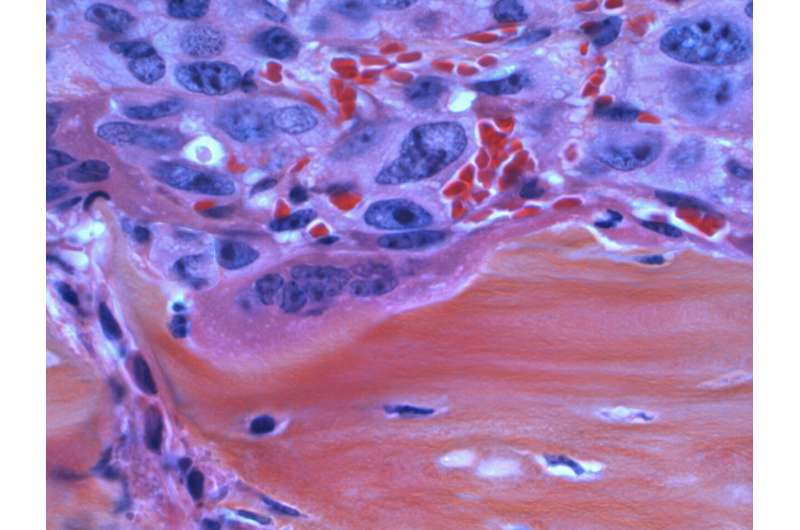Research Reveals SARS-CoV-2 Infects Testicular Cells and Manipulates Their Machinery for Replication

A groundbreaking study reveals SARS-CoV-2 infects testicular cells, hijacking their machinery to replicate and impair testosterone production, impacting male reproductive health.
Recent scientific findings have demonstrated that SARS-CoV-2, the virus responsible for COVID-19, can infect testicular cells that produce testosterone. The study, carried out using transgenic mice expressing the human viral receptor ACE2, uncovered that the virus not only enters Leydig cells—which are crucial for testosterone synthesis—but also hijacks their cellular machinery to replicate. This process involves utilizing lipid metabolism pathways and cholesterol reserves within these cells, which are essential precursors for steroid hormone production.
The investigation revealed viral particles residing in lipid inclusions and organelles associated with testosterone synthesis within Leydig cells. The infection impairs testosterone production by disrupting lipid metabolism, leading to decreased hormone levels observed in male COVID-19 patients. The high concentration of ACE2 receptors on Leydig cells facilitates viral entry, making the testicles a significant target organ for SARS-CoV-2.
Furthermore, infected Leydig cells undergo a functional shift, ceasing normal steroid hormone production and adopting an immunological profile characterized by increased pro-inflammatory cytokine production. This immune response likely contributes to the hormonal imbalances and may be linked to the lower testosterone and cholesterol levels noted in severe COVID-19 cases.
The study’s findings deepen our understanding of how SARS-CoV-2 impacts male reproductive health, potentially explaining observed cases of hormonal disturbance and testicular damage post-infection. These insights could pave the way for new biomarkers of disease severity and therapeutic strategies targeting lipid metabolism to mitigate viral replication and restore hormonal balance.
Conducted by researchers from São Paulo State University and the University of São Paulo, this research underscores the importance of considering testicular health in COVID-19 management and highlights the virus’s ability to directly compromise male reproductive functions.
Source: https://medicalxpress.com/news/2025-08-sars-cov-infects-testicular-cells.html
Stay Updated with Mia's Feed
Get the latest health & wellness insights delivered straight to your inbox.
Related Articles
Increased Violence Risk for Rural Women and Barriers to Help Access
Rural women experience higher rates of violence and face unique barriers to seeking help, influenced by social isolation, community norms, and firearm prevalence. Addressing these challenges requires targeted policies and community support initiatives.
Artificial Intelligence Enhances Pathologists' Interpretation of Tissue Samples
A groundbreaking study shows AI's significant role in improving the accuracy and consistency of tissue sample analysis in melanoma diagnosis, paving the way for enhanced clinical pathology.
Assessing Hormone Therapy's Effects on Transgender Women's Athletic Performance
Explore recent research on how gender-affirming hormone therapy influences the athletic performance of transgender women, shedding light on physiological changes and performance outcomes in sports.



